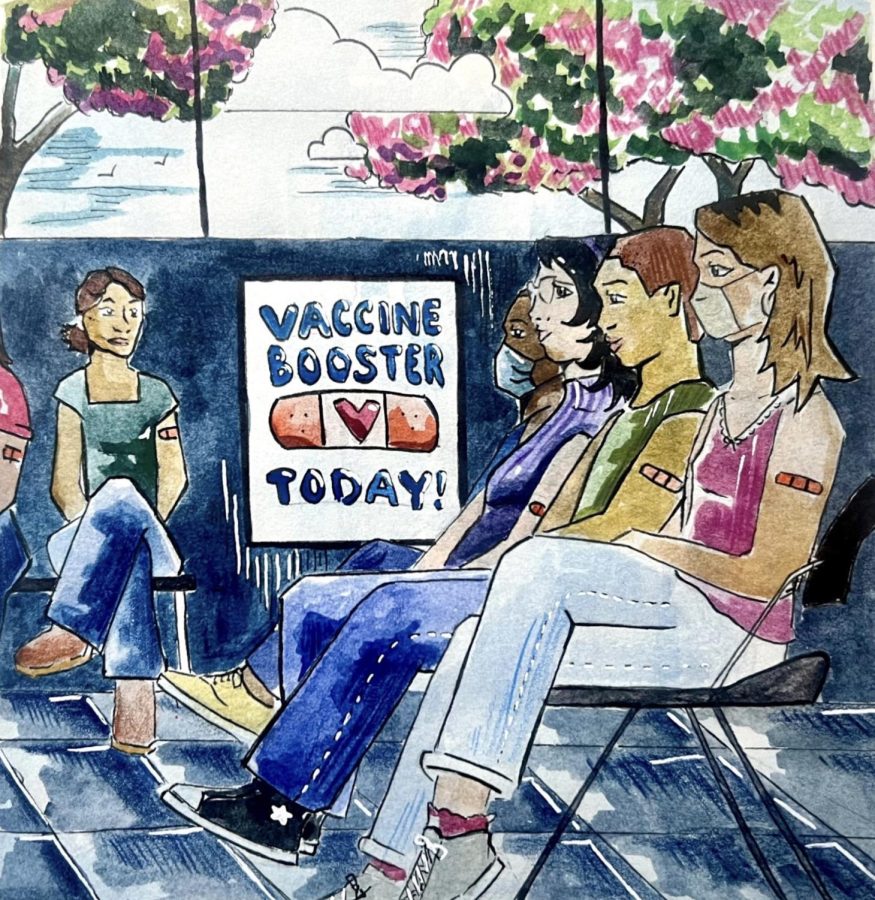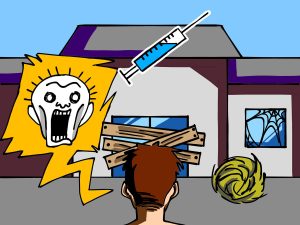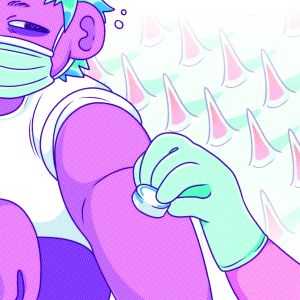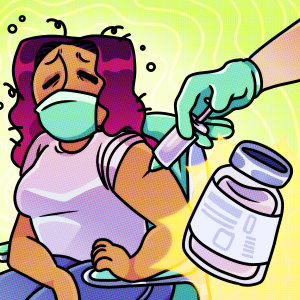Study finds people more likely to get vaccinated when others do
February 3, 2023
People are more willing to receive the COVID-19 vaccine when they know how many people in their community also plan to get vaccinated, according to an international study co-authored by UT assistant professor Avinash Collis.
The survey collected representative samples of more than two million Facebook users in 67 countries from July 2020 to March 2021, according to a UT press release. The study was conducted in partnership with UT, the MIT Initiative on the Digital Economy, the World Health Organization, Johns Hopkins University and the technology conglomerate Meta.
“At the time, there was a lot of concern about vaccine hesitancy,” study co-author Alex Moehring said. “We saw a lot of (political) leaders emphasizing that this is a problem.”
The study set out to collect data on people’s beliefs, behaviors and norms associated with COVID-19, Collis said. The team shared the data with other researchers and policymakers worldwide, he said.
“We were thinking about how we can best help policymakers make better effective decisions,” said Collis, an assistant professor of information, risk and operations management.
Because Meta owns Facebook, the research team was able to collect millions of responses from around the world, Collis said.
“One of the benefits of collecting this large sort of survey data is that it has a lot of different questions,” MIT graduate student Moehring said. “We ask questions about public health beliefs (and) about economic outcomes.”
One group of participants was given information on how much of their country’s population was willing to get vaccinated, and then asked if they were willing to be vaccinated, Collis said. However, the other group was not given this information prior to making a decision.
“People generally underestimated the share of people in their community that said they would accept the vaccine,” Moehring said. “When we provided them with this accurate information that sort of corrected these beliefs, that actually led to what we think is a substantial increase in people’s stated intentions to take a vaccine.”
However, Moehring said the effect of the treatment was the strongest in the participants who were unsure about their intentions to take the vaccine.
“We don’t think (this information is) going to convince people who already have strong opinions that they’re not going to take a vaccine to take it,” Moehring said. “We do find pretty strong evidence of that effect for the largest amount of people who say they don’t know.”














